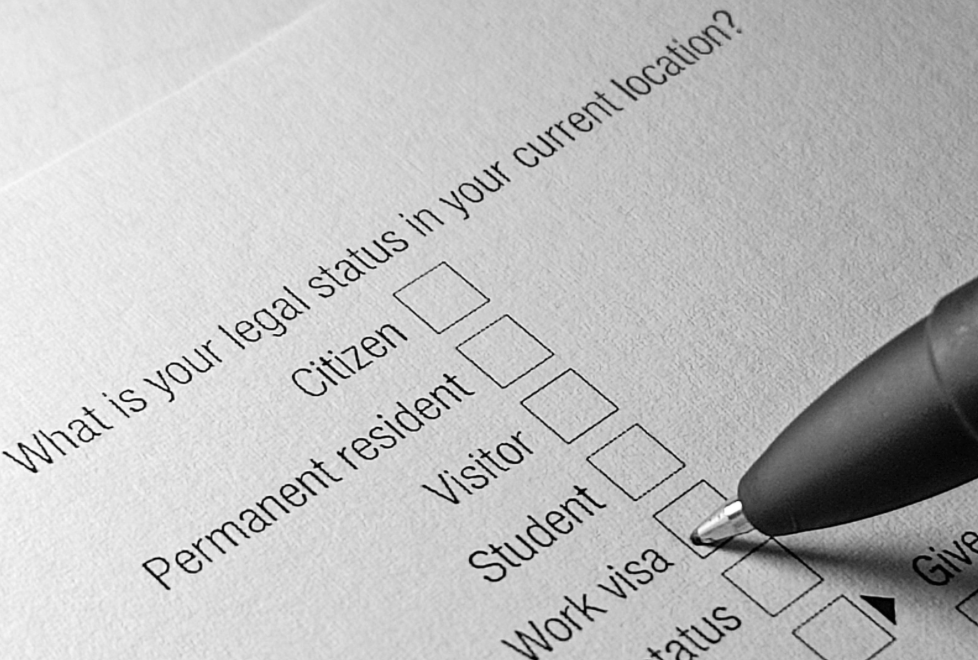If you’re living and working in Germany, you probably know that you’re legally required to have health insurance. But what many people don’t realize is that the type of insurance you choose can have a big impact on your finances over time. This is especially relevant for expats and freelancers. Knowing the difference between public and private health insurance in Germany can help you not only get better healthcare, but also make smarter decisions with your money.
In this article, we’ll explain how much you could actually save by switching from public to private health insurance in Germany and what would happen if you invested that extra money instead.
The Cost of Public Health Insurance in Germany
In Germany, public health insurance (Gesetzliche Krankenversicherung or GKV) is mandatory by law and based on your income. The total contribution rate is approximately 20.65% of your gross salary, broken down as follows: 14.0% for health insurance, 2.45% as the TK (Techniker Krankenkasse) additional contribution, and 4.2% for long-term care insurance for childless members aged 23 and over. This total contribution is usually split evenly between you and your employer.
However, contributions are capped at around €1,150 per month. For 2025, the income threshold is €73,800 per year, so even if you earn more, you won’t pay more than that maximum of approximately €1,150–€1,173/month for public health insurance. That might seem like a high amount of money and, for some people, especially freelancers who pay the full amount on their own, it can feel like a heavy monthly expense.
What’s the Alternative?
If you earn above a certain income threshold (like the €73,800/year mark), or are self-employed or a freelancer, you’re eligible to choose private health insurance in Germany (Private Krankenversicherung or PKV) instead.
Private health insurance plans are based on your age, health status, and coverage preferences, not your income. Therefore, with private health insurance in Germany, you’ll generally pay less in monthly premiums than you would with public insurance. Have you ever considered taking the amount you would have paid into the public insurance system and invest it instead?

Instead of paying hundreds more each month into the public system, you could take the difference and invest it in a way that fits your life in Germany as an expat. Whether you’re here short-term or planning to stay for the long haul, this simple investment strategy can have a big impact on your financial future and even help you build a retirement fund.
So by making this choice, you’re not just contributing to the system, you’re creating a safety net that actually grows with you.
Why Freelancers Should Especially Pay Attention
As mentioned above, public insurance doesn’t adjust based on your expenses, it just keeps increasing with your income. For freelancers, this means high monthly costs with very little control.
Private health insurance in Germany, however, puts you in control. You can tailor your plan to fit your needs, whether that’s basic coverage at a lower monthly rate or a more comprehensive package. All in all, you decide the level of coverage and what you save on premiums, and you can reinvest that money in something that benefits you, like your business, personal development, or long-term investments for your retirement years.

Real-Life Example: What If You Invested the Difference?
Let’s say you’re a 30-year-old expat working in Germany and currently paying around €1,150 per month for public health insurance (GKV). That might be the case if you’re a freelancer or self-employed, since you’re responsible for the full contribution.
If you switch to private health insurance in Germany (PKV), your monthly premium could drop to around €481. That’s a difference of €669 per month—a significant amount!
Now, if you’re an employee, things look a bit different. Your employer covers half of your public insurance contribution, so your share is likely around €575 per month. In that case, switching to private health insurance in Germany could still save you about €94 per month—and some employers also contribute to your private insurance premiums.
Even after factoring in things like cashback and other benefits, a freelancer could still have around €334 extra in their pocket each month. Now imagine you decide to take just €200 of that and invest it regularly into a long-term fund. So if you are 30, you have 37 years until the official pension age in Germany, meaning 37 years of contributions into the fund. With consistent investing, that could result in a pension of €1,188 per month until you’re 90 years old.
By age 52, that fund alone could already provide you with €397.79 per month until you turn 90, a nice boost alongside your main income or as a supplemental pension. And it all started with the money you saved by switching insurance plans and making no extra efforts, just a smarter way to use money you were already spending.
Private Health Insurance in Germany: Why Is It A Smarter Way to Secure Your Future?
In conclusion, choosing private health insurance in Germany isn’t just a financial upgrade, it’s a proactive step toward better healthcare, smarter money management and long-term security.
You benefit from:
- Lower monthly premiums compared to public plans
- Faster, higher-quality healthcare when you need it most
- Customized investment opportunities that build a reliable safety net over time

All in all, the decision between public and private health insurance in Germany can shape both your quality of life and your financial freedom. Choosing private health insurance isn’t just about saving money, it’s about building a safety net that grows with you over time. It means getting better healthcare, more control over your finances, and peace of mind for the future.
We highly recommend taking a moment to review your options. If you need assistance to clarify your options, you can book a call with one of our insurance experts here. We’re here to guide and support you in understanding your choices. We also have a live chat feature available on every page! If you have any questions, just click to start a conversation, and our team will be happy to assist you shortly.
What our clients say about our services






Secure your future abroad with tailored insurance & pension plans
Get expert advice on the best solutions for expats – personalized to fit your unique needs. Start planning today!






























